
Recommendation
Probability features in the history of philosophy and mathematics, and the study of chance dates to the ancient Greeks. But only in the 16th and 17th centuries did anyone measure chance precisely. Gambling fueled coherent ideas about probabilities; people want to predict likely outcomes, whether when rolling dice or betting on financial markets. Persi Diaconis and Brian Skyrms illustrate in 10 illuminating chapters how the complex theory of chance encompasses concepts in decision-making psychology and reasoning that form the foundations of science. All thinkers, no matter how mathematical, will be curious to find out if the future will be like the past.
Summary
About the Authors
Persi Diaconis is a professor of statistics and mathematics at Stanford University. Brian Skyrms is a distinguished professor of logic and philosophy of science and economics at the University of California, Irvine and a professor of philosophy at Stanford University.








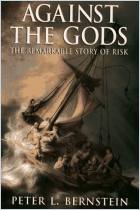
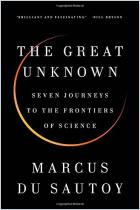
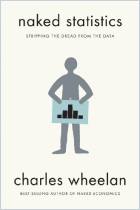
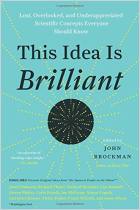
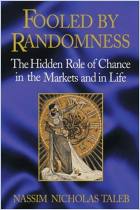
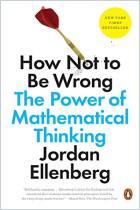


Comment on this summary